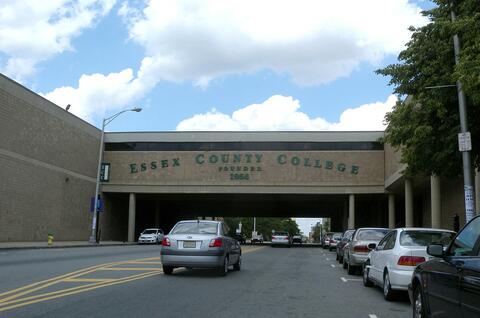Trenton- Recognizing that building a world-class education system is a critical investment in New Jersey’s future, Governor Phil Murphy today further outlined his plan for tuition-free community college during a roundtable discussion at Mercer County Community College.
Officials say the proposed $50 million in the Fiscal Year 2019 budget is the first year of a multi-year phase-in of tuition-free community college, an initiative the Governor has championed to better support the aspirations of New Jersey’s students and the demands of the Garden State economy.
“For too long, the goal of attending college and getting a good job has been out of reach for many of our state’s young people and families,” Governor Murphy said. “All too often, those that do attend are saddled with debt that affects their ability to prosper after graduation, or prospective students leave the state to pursue a less expensive education elsewhere. This plan will help make college a reality for many in our state, a change that will help our best and brightest stay in New Jersey, get a good education, and continue to contribute to our economic future.”
The Office of the Secretary of Higher Education and the Higher Education Student Assistance Authority then chose the following 13 community colleges where eligible students will attend for free for the pilot program:
--Atlantic Cape Community College
--Bergen Community College
--Camden County College
--Cumberland County College
--Hudson County Community College
--Mercer County Community College
--Middlesex County College
--Ocean County College
--Passaic County Community College
--Rowan College at Gloucester County
--Salem Community College
--Union County College
--Warren County Community College
Official say although Essex County College did not make the pilot program, all CCOGs will have “last-dollar” grants that will be used to cover any community college tuition and fees that are not already paid for by Pell Grants, Tuition Aid Grant (TAG) Awards, or other funding sources as determined by The Office of the Secretary of Higher Education (OSHE) and the Higher Education Student Assistance Authority (HESAA).
During the first year, grants will be limited to those whose average family income is below $45,000, including students graduating high-school and adults with some college credit but no degree.
IMAGE CREDIT: Wikipedia
